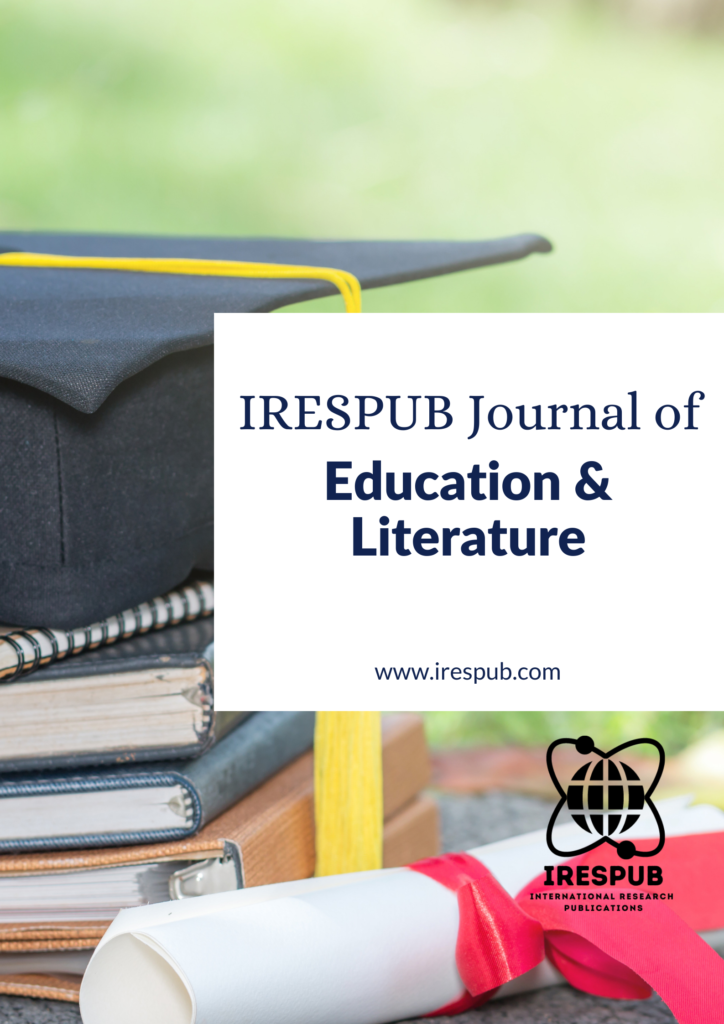
Year Launched: 2021
Journal Menu
- Scope & Research Areas
- Instructions for Authors
- Article Processing Charge
Journal List
- Natural & Applied Sciences
- Life Sciences
- Business Management
- Education & Literature
- Humanities & Cultural Studies
- Medical & Dental Sciences
- Engineering & Computer Sciences
- Agriculture, Food & Nutrition
- Environmental & Material Sciences
- Wellness & Lifestyle Management
- Arts & Ideas
- Law, Policy & Religion
Constructivist learning strategy: a pedagogical approach for improving students’ academic achievement in basic science in secondary schools
Volume 2, Issue 2, Jul-Aug 2022 | Page 1-9 | PDF (264K) | Pub. Date: July 19, 2022
Author(s)
Joseph Endurance Ayibatonye* & Echie-Godpower, Glory; Department of Integrated Science, Ignatius Ajuru University of Education, Port Harcourt, Nigeria
Abstract
The purpose of this research is to explore the impact that constructivist learning strategies have on students’ academic achievement in basic science while they are enrolled in secondary school in Rivers State. The research was conducted on students from 11 different junior secondary schools. The research was carried out using a one-group pretest-posttest quasi experimental design, and there was a total of ninety students from two classes in the junior secondary schools that took part in the investigation. The simple random sample, was used to select 200 students studying basic sciences from each of the 2 junior secondary schools. The mean and standard deviation were utilised in the analysis of the data that was gathered. They were utilised in order to provide answers to all of the research questions, whilst a t-test was utilised in order to analyse the hypotheses at 0.5levels of significance. According to the findings of the study, the academic achievement of students majoring in basic sciences is significantly impacted by the use of constructivist learning strategies. As a result, it is advised that the technique be used for instructing fundamental scientific concepts.
Keywords
Constructivist; strategy; academic achievement; students’ basic science
Cite this paper
Ayibatonye, J. E., Glory, E. G. (2022), Constructivist learning strategy: a pedagogical approach for improving students’ academic achievement in basic science in secondary schools, IRESPUB Journal of Education & Literature. Volume 2, Issue 2, Jul-Aug 2022, Page 1-9
References
[1] Joseph E. A. (2019). Influence of teachers background,training and attitude o basic science students interest and achievement in secondary schools in Rivers State. Unpublished thesis submitted to Delta State University, Abraka
[2] Shulman, L.S. (2010). Those who understand: Knowledge growth in teaching. EducationalResearcher, 15, 4-14.
[3] Duit, R. (2017). The constructvistic view at both fashionable and fruitful paradigm for science education research and practice. In SL. Steffe & 3. Gale, Eds., Constructivism in education. Lawrence Eribaum.
[4] Tomlinson, K. (2017). Epistemology, constructivism, and discovery learning in mathematics. In R. Davis, C. Maher, & N. Noddings (Eds), constructivist views on the teaching and learning of mathematics. National Council of Teachers of Mathematics.
[5] Kulshreshtha, (2019). Cognition, construction of knowledge and teaching. Synthese, 80, 12 1-140.
[6] Gray, D.E. (2015). Doing research in the real world (end ed.). Thousand Oaks, Sage Publications.
[7] Ben, C. (2017). Applicability of Constructivist Theory in Qualitative -American. aijcrnet.com/journals/…/7.
[8] Jonassen, D. H. (2019). Thinking technology: Chaos in Instructional Design. Educational Technology. 30(2), 32-34.
[9] Lee, S.S.V & Fraser, B.J. (2019). Constructivist learning environment in science classes in Korea. https://eric.ed.gov/?id=ED431611.
[10] Miheso, O.M.K. (2012). The Relationship between interactive teaching and the acquisition of high order thinking skills in mathematics classrooms: The Kenya experience, Afr. J. Educ. Stud. 1(1), 73-79.
[11] Jong, S.K. (2015). The effects of a constructivist teaching approach on student. Eurasian J. Phys. chem. Educ. 1(1): 45-50.
[12] Nayak R.K. (2010). Constructivist pedagogy on Students’ Achievement in mathematics at Elementary Level, National Institute of Open Schooling (1), 21-15.
[13] Cakici, G. & Yvuz, E. (2010), Comparison between Traditional Text-book Method and Constructivist Approach in Teaching the Concept ‘Solution’. Res. Reflections Educ. 7:41-51.
[14] Enok, A, & Joel, T.E. (2011). Influence of constructivist approach in enhancing attitudes towards Computer Science at Higher Secondary Level. J. Humanities and Soc. Sci. 2(5).
[15] Richardson, V. (2018). Constructivist teaching and teacher education: Theory and practice”. In constructivist teacher education: Building a world of new understandings, Falmer Press.
[16] Agrawal, R, Chawla, N. (2005). Influence of cooperative learning on achievement. Indian Educ. 31(2):52-59.
[17] Qarareh, A. (2016). The Effect of using the constructivist learning model in teaching science on the achievement and scientific thinking of 8th grade students. Educ. Stud. 9(7):178.
[18] Kim, J.S. (2016). Academic achievement, self-concept, and learning strategies. Asia PacificEducation Review Copyright by Education Research Institute 6(1),7-19.
[19] Hijazi, A. (2019). The effect of constructivist learning in the teaching of science on the development of achievement and the creative thinking among preparatory stage graders. J. College Educ. 4(8):56-81.
[20] Folasade A, Akinyemi, A. (2019). Constructivist problem-based learning technique and the academic achievement of Physics students with low ability level in Nigerian Secondary school. Eurasian J. Phys. chem. Educ. 1(1):45-50.
[21] Nduka, O. (2017). Experimental & Sensory Branding. www. designpm.com 28 October 2007.
[22] Ngwoke, S. (2011). Ways to create an optimal learning environment. www.reading horizons. com/..jincrease… 7 June 2004.
[23] Festinger, L. (2013). A theory of Cognitive Dissonance. Stanford University Press.
[24] Glasersfeld, E.V. (2017). A constructivist’s view of learning and teaching. In R. Duit, F. Goldberg, & H. Niedderer (Eds.), Research in Physics Learning: Theoretical issues and empirical studies Kiel Germany: IPN at the University of Kiel, 29-39
[25] Abbott, M.L. & Jefferey, T. (2013). Constructivist teaching and student achievement: The results of a school-level classroom observation study in Washington. Technical Report”, ERIC.
[26] Mayer, R.E. (2014). The teaching of learning strategies. In Wittrock, M.C. (Eds). Handbook of Research on Teaching. Macmillan.
[27] Lin, W.J. (2015). The effect of reconstructing biological teaching by a constructivist teaching. An Action Research online: https/www.eric.ed.gov
[28] Obiekwe C.L. (2018). Effect of constructivists instructional approach on students’ achievement and interest in basic ecological concepts in biology (Unpublished M. Ed. Thesis, University of Nigeria)
[29] Steffe, L.P. & Gale, J. (Eds). (2015). Constructivism in Education. Hillsdale N. J: Lawrence Erbaum.
[30] Driver, R. (2019). Students’ Thinking and Learning science. A constructivist views. The school science Review 240 (67); 443-446.
[31] Taylor P.C, Fraser B.J, White L.R (2018). CLES: An Instrument for Monitoring the Development of Constructivist Learning Environments. Paper presented at the annual meeting of the American Educational Research Association, New Orleans.

